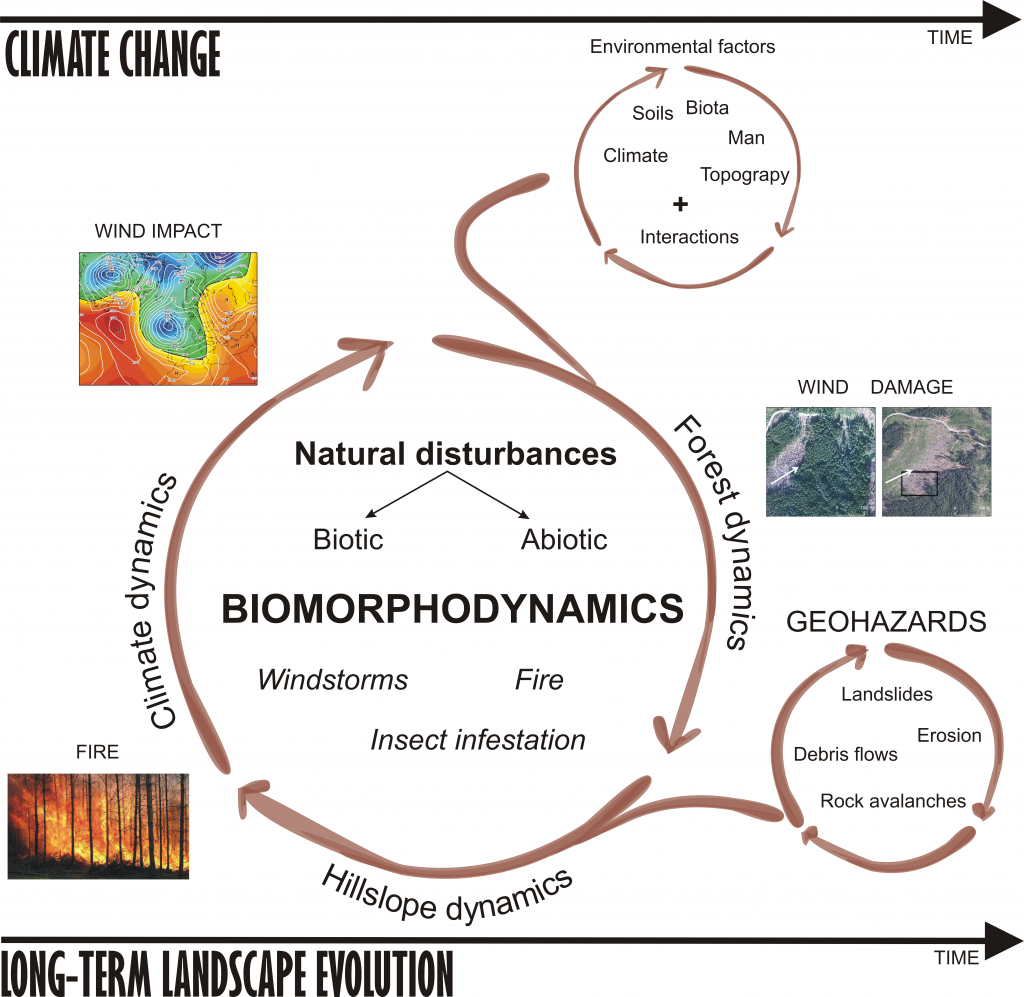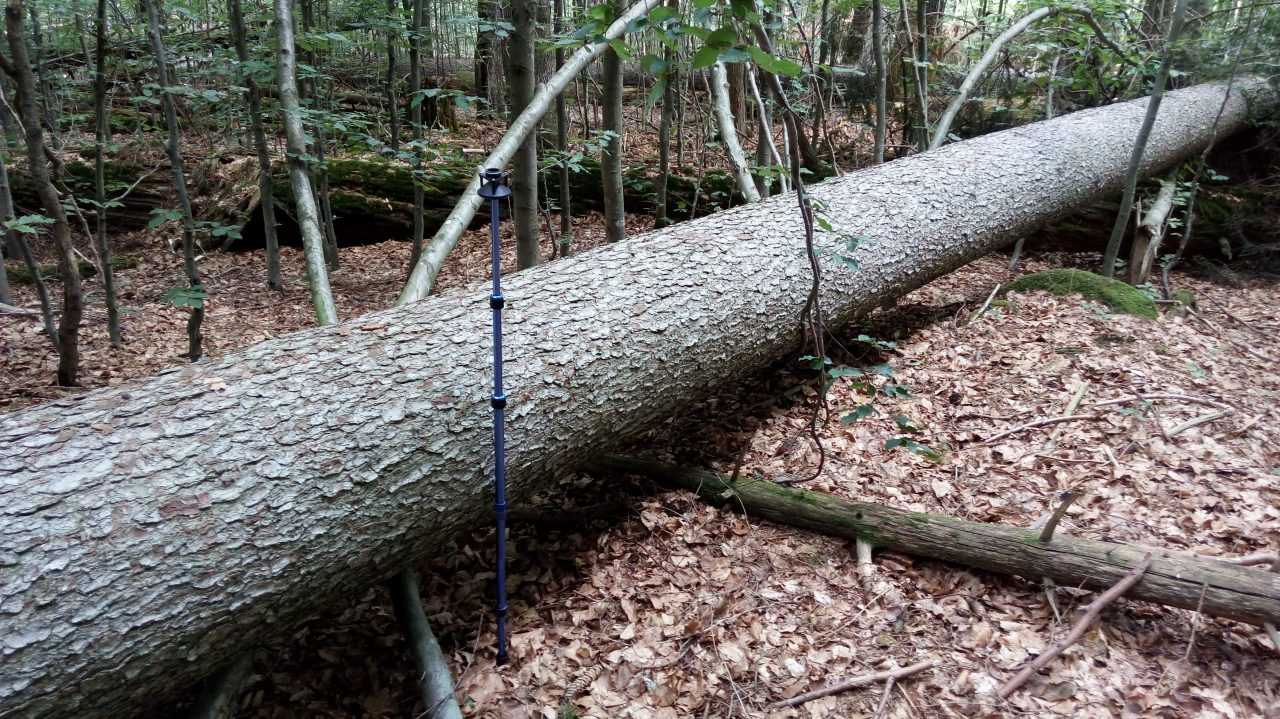I’m happy to join the Special group and glad Professor Sandy Harrison agreed to be my supervisor during my stay here at the University of Reading.
I currently work as an assistant professor at the Institute of Earth Sciences at the University of Silesia in Katowice, Poland, and for the next five months, I’ll be preparing a project proposal to be submitted under the ERC Starting Grant Programme scheme. My visit to the University of Reading is supported by the National Science Centre under the Uwertura 2 fellowship.
The ERC project proposal will be primarily focused on spatio-temporal dependences of wind disturbances in European forests with a thorough evaluation of their consequences to hillslope microrelief and soils due to tree uprooting. Tree uprooting (or windthrow in forestry nomenclature) is the process when a tree is overthrown by a strong wind and its root system is uplifted together with soil material attached to it. It is responsible for biotransport and soil mixing and in a long-term perspective, it influences denudation rates and soil development. I hope to heavily rely on SPECIAL group members’ knowledge and experience while writing the proposal and with a plan to build a long-term international cooperation between our institutions. Most importantly, I would like to benefit from the previous experience of the SPECIALs on how to use existing large data sets in a model building and predictions.


